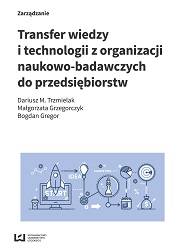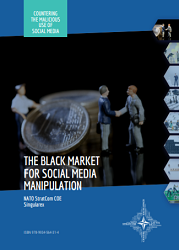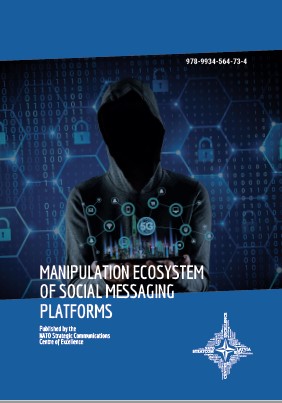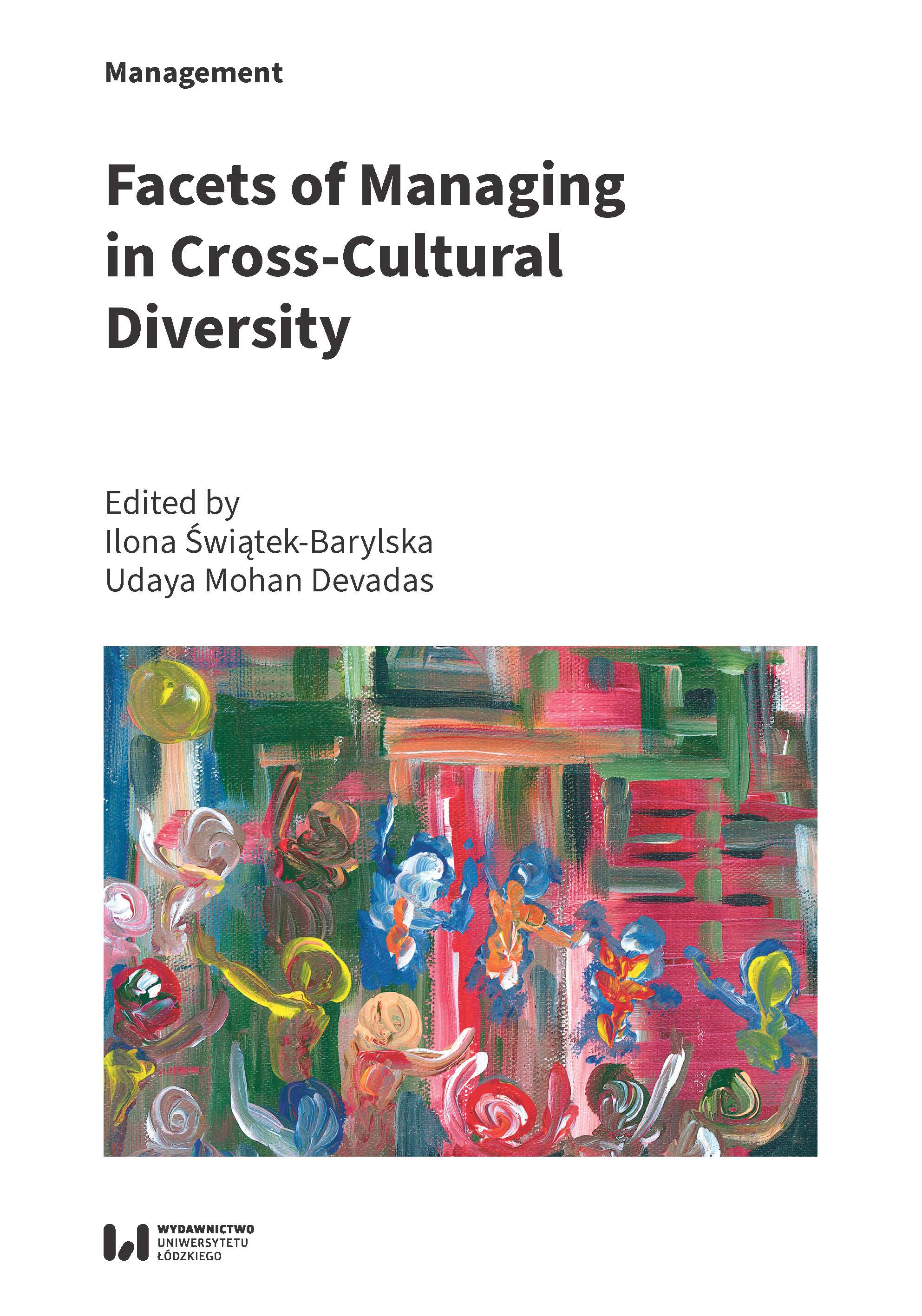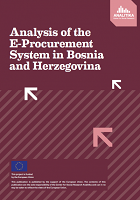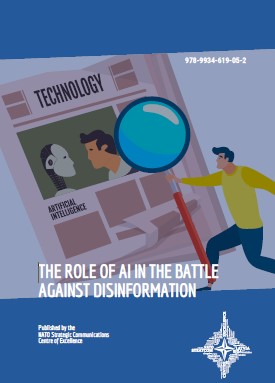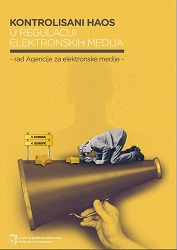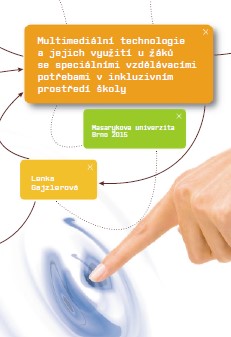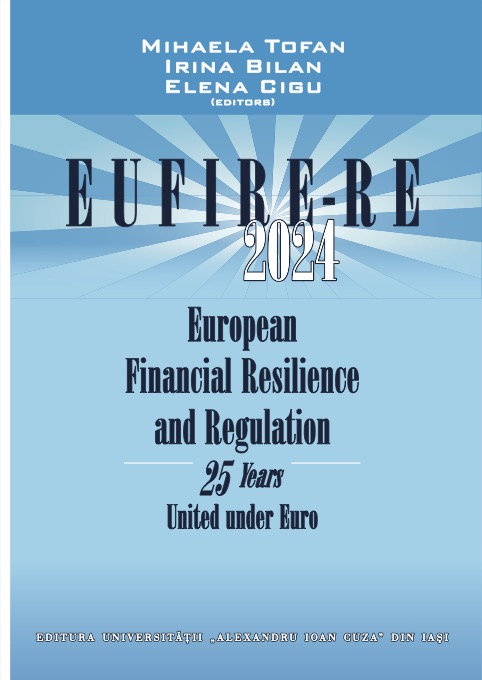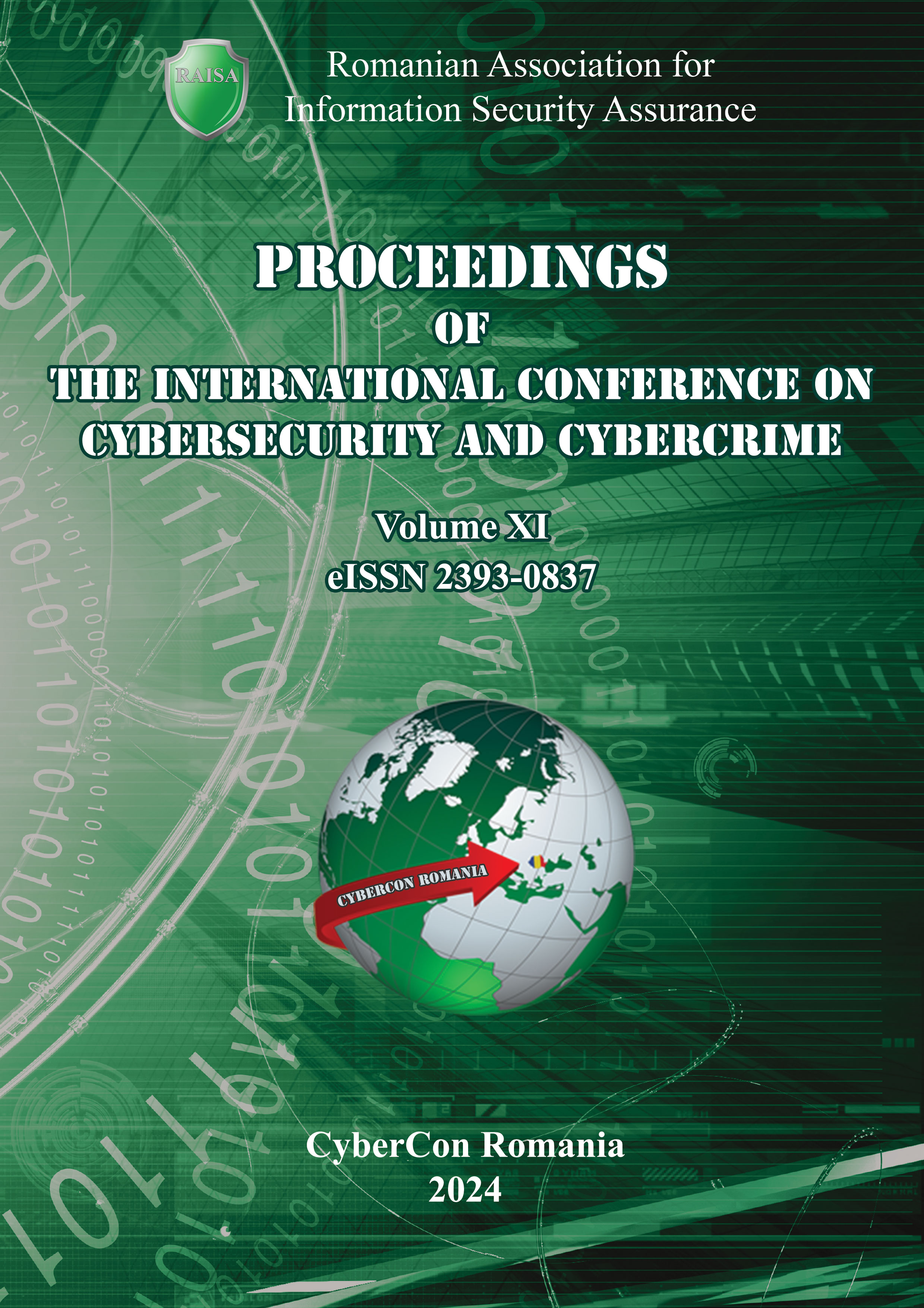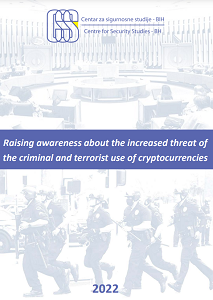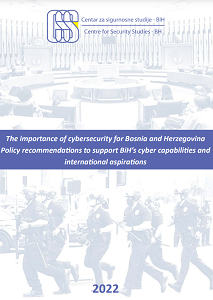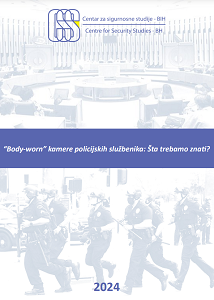Author(s): Ivan Kutleša / Language(s): English
Development of new technologies and growing access to the Internet created conditions for the transformation of the manner in which public government functions. That resulted in the implementation of electronic government (hereinafter: e-government), which is based on the utilisation of information-communication technologies for better and more efficient provision of public services. Used in a wider sense, the term e-government implies total reorganisation of management in the public sector in order to increase efficiency, transparency and citizens’ participation in decision-making, using the advantages of information-communication technologies. An important segment of development of e-government is the establishment of an electronic public procurement system, which is used as a tool for the improvement of the efficiency of the procurement process for goods, services and works, and for savings in the public sector. Electronic procurement (hereinafter: e-procurement) is the universal name for the application of electronic means of communication in public procurement procedures, as a substitute for procedures that are based on paper documents. More concretely, e-procurement implies the introduction of electronic processes as support for different phases of the procurement process, and they are comprised of following modules: l e-notification, which implies notifications on procurements, l e-tendering, which implies publication and takeover of tender documentation, submission and evaluation of bids and documentation, e-awarding, which incorporates contract awarding or ordering, invoicing and payment. Along with the modules, e-procurement is complemented with different mechanisms and tools. One of them is the e-catalogue, which implies an electronic form of the bid for certain types of procedures. E-auction is a mechanism used for completing the procedure of e-procurement (an open, limited, negotiation procedure with publication of procurement notification and competitive request for bid submission). E-procurement is not just an important segment of e-government reform within the European Union, but its development and level of compliance are also subject to monitoring and evaluation report on the progress of the transition of Bosnia and Herzegovina (BiH) towards membership in the EU. In the BiH Progress Report for 2015, it is emphasised that the information system for e-procurement was put into function in late 2014 but that it is still in the very early stages of development. This early phase implies that conditions for application of e-notification are realised, since notifications on procurement referred to in Article 35 of the Law on Public Procurement are published on a single portal for public procurement (www.ejn.gov.ba/), and also that a basis for development of e-tendering was created in a manner that electronic access to tender documentation is enabled for certain procurements. However, there still remains a lot to be implemented in order for BiH to have a fully functional system of e-procurement. Starting from the above, the main purpose of the paper is to give a systematic analysis of the current level of development of electronic public procurement in BiH. The aim of the study is to provide an answer to the questions, what challenges are there in the development of e-procurement in BiH and what improvement is possible in this field so the system of e-procurement will completely take hold. Finally, the objective of the analysis is to offer a detailed overview of the key aspects of the e-procurement system and thus create a basis for progress monitoring in the sector and define clear guidelines for improving the functionality of the e-procurement system in BiH. In order to provide answers to research questions and make an assessment of the level of development of the e-procurement system in BiH, this report relies on analytical categories and standards for assessment of e-procurement development from the study “e-Procurement, Golden Book of Good Practice”, which, among other things, defines a series of parameters for public procurement system assessment and points out numerous good practices in European Union Member States. In this context, the structure of the paper will consist of an overview of the situation of e-procurement in the European Union, with presentation of legal sources, the current state of development and challenges faced by the European Union in this area. After that, the paper will present a development path for e-procurement and the current legal and institutional framework in BiH. Later on, the study analyzes the degree to which the e-procurement system corresponds to the principles and standards of good practice identified in “e-Procurement: The Golden Book of Good Practice”. After comparison, the study yields conclusions and recommendations for further development of e-procurement in BiH.
More...
